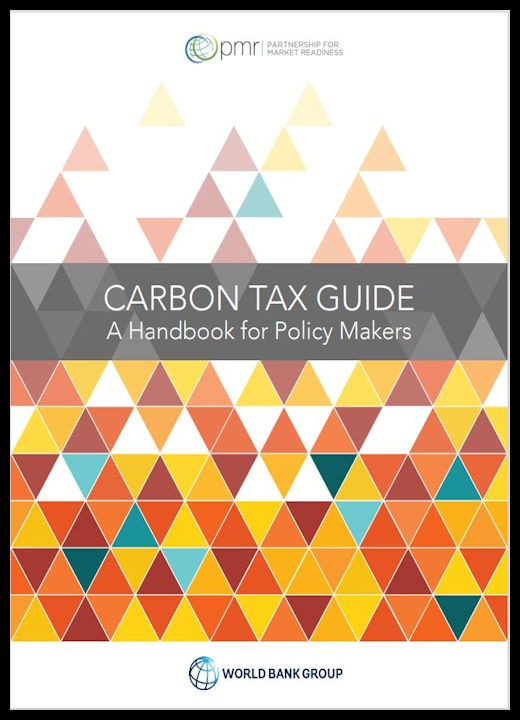
CARBON TAX GUIDE
From the
World Bank’s Open Knowledge Repository:
Recent
years have seen renewed and growing interest in carbon taxes that put a price
on greenhouse gas (GHG) emissions. This resurgence in interest has come as over
three-quarters of the world have developed Nationally Determined Contributions
under the Paris Agreement and are looking for cost-effective ways to achieve
these emission reduction goals. It has also developed alongside a gradual shift
toward taxes on goods and services, with many jurisdictions seeking to use the
tax system to achieve greater economic efficiency and to pursue a range of
policy goals beyond raising revenue. Experience has shown carbon taxes to be
versatile instruments that are capable of being adapted to a wide range of
policy goals and national contexts. This Guide provides a practical tool to
help policymakers determine whether a carbon tax is the right instrument to
achieve their policy goals and to support them in designing and implementing a
tax that is best suited to their specific needs, circumstances and objectives.
The guide provides both conceptual analysis and important practical lessons
learned from implementing carbon taxes around the world.
